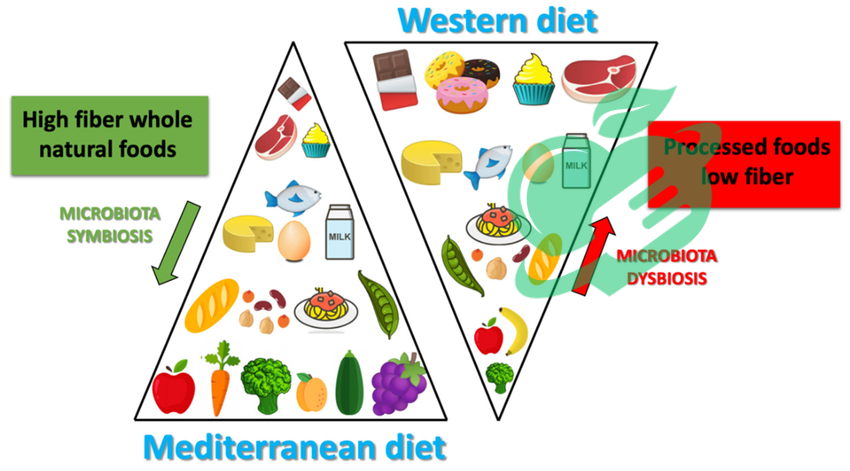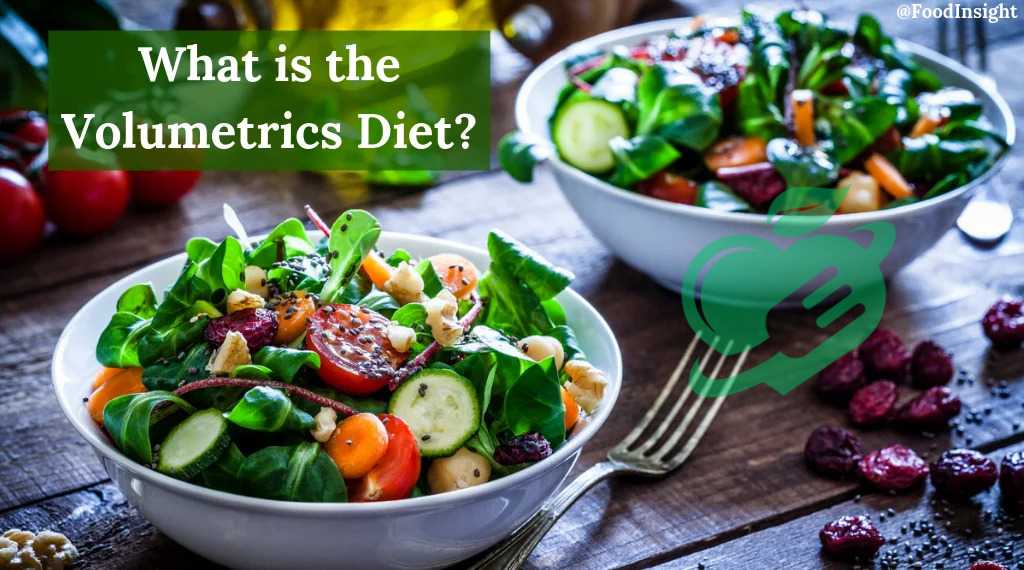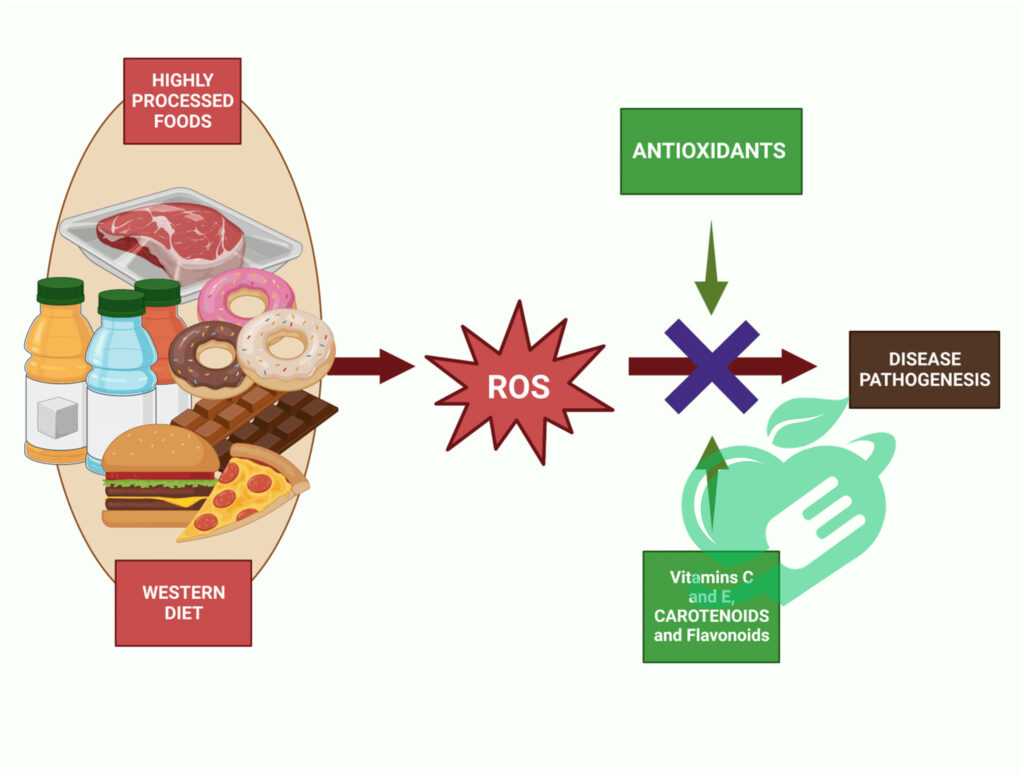
U.S. News & World Report Each year, a list of the Best Diets Overall is published, and although the rankings changed a bit in 2022 compared to 2021, the top five choices among the 40 diets assessed are primarily unchanged. Here’s a look at the details. Decision process The compilation of the best diet for brain health was selected by a panel consisting of 27 specialists in areas such as diet, nutrition, obesity, food psychology, and diabetes. Heart disease The specialists assessed contemporary and trendy diets using seven criteria: Diet safety.
The plan’s effectiveness for achieving short-term weight loss.
Its effectiveness for long-term weight loss.
How easy it is to follow.
Nutritional completeness.
Potential to prevent or control diabetes.
Potential to prevent heart disease.
The experts evaluated the diets and ranked them into nine distinct lists, such as the best diet for diabetes, the easiest diets to follow, and the best vegetarian diets. However, the basic list that took into account all seven scoring categories was the best diet overall. To create this list, U.S. News & World Report combined the panel’s ratings for the seven categories, focusing more on scores for long-term weight loss and safety. Below are the eight diets that received the highest overall ratings, along with three that ranked the lowest.
Chopped Mediterranean Vegetables on a wooden cutting board. Chopped Mediterranean Vegetables on a wooden cutting board.
CWP, LLC / Stocksy
Mediterranean diet best brain health
The Mediterranean diet, once again, in 2022, achieved the highest ranking for the fifth consecutive year. This dietary approach has consistently been recognized as ideal for promoting health, preventing disease, enhancing well-being, and facilitating a longer life. It’s important to note that there isn’t just one Mediterranean diet; for instance, the eating habits in Greece differ from those in Italy and Spain.
Although traditional diets across this region exhibit numerous shared principles, the Mediterranean diet is a broad concept. Eating style and way of life It’s not a diet focused on strict rules. However, you might find that you lose weight by reducing processed foods and opting for more fiber-rich and nutrient-dense fruits, vegetables, and whole foods.
Characteristics of the Mediterranean diet and brain health

The diet includes a variety of vegetables, fruits, whole grains, nuts, legumes (such as beans, lentils, peas, and chickpeas), and olive oil.
It recommends eating fish several times a week and permits moderate consumption of poultry, eggs, and dairy products.
It significantly restricts the consumption of processed foods, added sugars, and red meat.
The diet recommends engaging in at least two and a half hours of moderate-intensity exercise each week, along with a few days dedicated to additional physical activity. Exercises that enhance muscle strength may encompass leisure activities such as strolling and gardening.
This dietary plan inherently offers a diverse selection of anti-inflammatory compounds. Antioxidants This includes moderate consumption of red wine. It’s important to note that wine isn’t necessary for the diet, but it is common for women to have one 5-ounce glass and men to have two glasses each day while following the diet.
Benefits of the best diet for brain health
The Mediterranean Diet offers numerous advantages, such as:
- Reducing your chances of developing cardiovascular diseases, such as a heart attack or stroke.
- Maintaining a body weight that is appropriate for your health.
- Promoting balanced blood sugar levels, as well as maintaining healthy blood pressure and cholesterol levels.
- Reducing the likelihood of developing metabolic syndrome.
- Promoting a healthy equilibrium of gut microbiota (bacteria and other microorganisms) in your digestive system.
- Reducing your risk of developing specific types of cancer.
- Reducing the deterioration of cognitive abilities as you get older.
- Helping you live longer.
The advantages of the Mediterranean Diet arise from the fact that it:
Reduce your intake of saturated and trans fats. While some saturated fat is necessary, it should be consumed in limited quantities. Excessive saturated fat can increase your LDL (bad) cholesterol levels, which in turn heightens your risk of plaque accumulation in the arteries (atherosclerosis). Trans fats offer no health advantages, and both types of these “unhealthy fats” can lead to inflammation.
Promotes the consumption of healthy unsaturated fats, such as omega-3 fatty acids. These fats help maintain healthy cholesterol levels, benefit brain function, and reduce inflammation. Additionally, a diet rich in unsaturated fats and low in saturated fats supports stable blood sugar levels.
Reduce your sodium intake. Consuming foods that are high in sodium can elevate your blood pressure, which increases your risk of a heart attack or stroke.
Reduce your intake of refined carbohydrates, such as sugar. Foods that are high in refined carbs can lead to rapid increases in blood sugar levels. Additionally, refined carbs add unnecessary calories without providing significant nutritional value, as these foods typically contain little to no fiber.
Emphasizes the importance of consuming foods rich in fiber and antioxidants. These nutrients play a crucial role in minimizing inflammation in the body. Additionally, fiber aids in promoting regular waste movement in the large intestine and supports stable blood sugar levels. Antioxidants help protect against cancer by combating free radicals.
The Mediterranean Diet comprises a variety of nutrients that collectively support your body. It is not reliant on any single food or ingredient for its health benefits; rather, its advantages come from the blend of nutrients it offers.
Disadvantages
There are no specific guidelines for certain sections. Calorie targets Meal preparation, or meal planning, can sometimes be overwhelming for individuals. Additionally, while the Mediterranean diet may appear to be expensive, you can lower your grocery expenses by opting for seasonal fruits and vegetables, purchasing grains in bulk, and choosing canned beans. This diet typically involves cooking as well.
If you want a more structured approach, you might think about speaking with a registered dietitian who can assist you in creating Mediterranean meals that suit your requirements and objectives. There are also many meal delivery services, cookbooks, and other online resources available to help you follow this diet.
Read also: What is a ‘Russian Manicure’ and could it have an impact on your health?
Volumetrics best diet for brain health

Many individuals think that losing weight means consuming fewer calories. However, that is not true, and the Volumetrics diets demonstrate it. The approach, created over two decades ago by Barbara Rolls, PhD, a professor and researcher in nutritional sciences at Penn State, focuses on losing weight by consuming a greater volume of food.
Characteristics of the Volumetrics best diet for brain health
Although no foods are completely restricted, the emphasis should be on energy density, which refers to the number of calories contained in a specific portion of food. High-energy-dense foods contain more calories in smaller servings, while low-energy-density foods provide fewer calories in larger portions.
- Foods with low energy density are recommended. This category includes fruits and vegetables that are high in water content, as well as soups made with broth.
- Moderate portions of whole grains, lean proteins, beans and lentils, and low-fat dairy products are permitted.
- Portions of bread, cheese, and fatty meats are restricted to small amounts.
- Fried foods, sugary snacks, and candies are permitted in moderation.
Instead of specifying exact foods to eat, you have the freedom to make your own choices. However, if you opt for foods that are high in energy density, you’ll need to reduce your portion sizes. The goal is to prioritize low-energy-density foods, which tend to be healthier and packed with nutrients, such as salads, broccoli, and fresh fruit.
For instance, a cup of seedless grapes, roughly the size of a tennis ball, has the same calorie count as two small cookies. Keeping a food journal is recommended. It’s also beneficial to increase physical activity, starting with an extra 150 steps per day and aiming for a total of 10,000 steps daily. If you choose to follow the Volumetrics approach, concentrate on increasing your intake of low-calorie whole foods initially, while balancing it with moderate to smaller servings of higher-calorie whole foods, and enjoy your favorite treats in moderation.
Read also: Protein diet: How much do you lose weight per week?
What steps should I follow to develop a meal plan based on the Mediterranean Diet?
It’s important to consult with a primary care physician (PCP) or dietitian before making drastic changes to your diet or trying any new eating plan. They’ll make sure your intended plan is best for you based on your individual needs. They may also share meal plans and recipes for you to try at home.
In general, when thinking about meals, you’ll want to collect some go-to options and recipes for breakfasts, lunches, dinners, and snacks. The more variety, the better.
You don’t want to get stuck in a rut or feel like you’re restricted in which foods you can or should eat. Luckily, there’s plenty of room for changing things up with the Mediterranean Diet. Below are some examples of meals you might enjoy.
Read also: Sumac: The Forgotten Spice with Unique Flavors.
Breakfast
Get your day going strong with breakfasts like:
- Steel-cut oats with fresh berries and ground flaxseed.
- Whole-grain toast with nut butter and a nutritious smoothie.
- Greek yogurt topped with fruit and walnuts.
- Egg white omelet with fresh, seasonal veggies.
- Lunch
- For midday nutrition and a powerful energy boost, consider:
- A bulgur salad like lemon and herb tabbouleh or charred broccoli tabbouleh.
- A whole-grain pasta salad with plenty of fresh veggies.
- I’m having a roasted portobello sandwich and a cup of hearty veggie soup.
- Toasted quinoa and salmon salad.
- You may want to prepare some lunches the day before, so they’re ready to pack or grab from the fridge as needed.
Dinner
Wrap up the day with a hearty, nutrient-packed entree like:
- Salmon with mango salsa.
- Cod with lentils.
- Lean, roasted chicken over cannellini beans.
- Savory chickpea and spinach “pancakes for dinner.”
- Black bean burger on a whole-grain bun served with roasted beets.
- A heart-healthy pizza.
- For some added nutrients and color, throw together a side salad — like a sesame cucumber salad or a fennel, orange, and mint salad. To keep things simple, try drizzling mixed greens with a nutritious Mediterranean dressing.
Snacks
Portion and prepare snacks ahead of time so they’re ready when you need them. Here are some ideas of what to keep at the ready:
- A handful of nuts and seeds (low salt or no salt added).
- Fresh fruit, ideally local and in-season.
- Nonfat Greek yogurt and a small piece of dark chocolate (at least 70% cacao).
- Whole-grain crackers with hummus.
- I eat raw veggies with a non-fat Greek yogurt dip.
Disadvantages
In terms of drawbacks, following the diet necessitates a solid understanding of Volumetrics, which means learning about the calorie content of various foods, portion sizes, and nutrient content—this can be challenging for some individuals. Additionally, the main idea behind the diet may not always be applicable. For instance, you might find that a small amount of nuts, a few tablespoons of nut butter, half an avocado, or several pieces of dark chocolate can be more satisfying than a larger serving of popcorn, raw vegetables, or fruit. This suggests that volume alone doesn’t always equate to satisfaction.
Furthermore, this dietary approach might promote consuming low-calorie yet highly processed “diet” foods, particularly those containing artificial sugars. These products lack essential nutrients and include artificial sweeteners, which, as research from 2021 indicates, may interfere with appetite regulation.JAMAWW is highly regarded due to its thorough research, established history, and moderate approach. The latest iteration, known as the PersonalPoints Program, is tailored to fit each member’s individual food choices and lifestyle habits.
Read aso: Preventing and Managing Brain Bleed: What You Need to Know.
Features of the WW Diet

WW members can utilize meal planners and over 10,000 recipes, along with trackers for food, water, weight, and activity. They also have access to a restaurant database, on-demand workouts, 24/7 coaching chats, weekly progress reports, and additional resources.
Benefits
As for weight loss, U.S. News & World Report cites a 2017 study published in the Lancet. A study involving over 1,200 patients with higher weight or obesity revealed that enrolling participants in a WW program for a minimum of 12 weeks was more effective than offering short-term advice and self-help resources for weight loss. WW is particularly beneficial for individuals who enjoy community support and digital resources, as well as those who prefer a structured eating plan that maintains accountability while allowing for flexible options.
Read also: Brain Damage Posturing: What You Must Know.
Disadvantages
Some people might see the membership model as a disadvantage. The price, depending on the selected plan, can be as low as approximately $13 monthly for a three-month subscription. The diets that received the lowest ratings included the GAPS diet. Dukan diet. Additionally, there is a modified keto diet. Although all three of these dietary approaches might lead to some initial weight loss, specialists are concerned that they may not be sustainable in the long term. This is an important factor to consider if you’re thinking about starting a new diet.
GAPS Diet
GAPS, which stands for the Gut and Psychology Syndrome diet, is an elimination diet developed by Dr. Natasha Campbell-McBride. It aims to address what she refers to as gut and psychology syndrome, a concept that highlights the link between an individual’s digestive health, brain function, and overall physical well-being. U.S. News & World Report panel ranks it low due to:
- A lack of research supporting its claims
- The challenge involved in sticking to the diet.
- The cost
The diet entails removing certain foods and gradually reintroducing them individually to identify those that might be linked to symptoms like digestive problems and cognitive decline. This method includes a rigorous six-phase detoxification process, succeeded by the complete GAPS diet, which consists of fish, meats, animal fats, eggs, fermented foods, and vegetables. All foods must be organic and fresh, and there is an extensive list of GAPS-restricted foods, which includes all processed items.
Read also: Protein diet: How much do you lose weight per week?
Dukan Diet

The Dukan diet is a high-protein plan that asserts that you can lose as much as 10 pounds in the first week, followed by a steady loss of two to four pounds each week until you achieve your target weight. This program consists of four stages and establishes several strict guidelines, including:
- Eat a daily serving of oat bran, with varying quantities depending on the stage of the diet.
- Restricting the consumption of vegetables and fruits to a limited selection that can only be eaten on specific days.
- Restricting the consumption of starches like beans, rice, and potatoes to only one or two servings each week in the third stage of the diet.
It rates low by U.S. News & World Report. Due to its level of difficulty and possible deficiencies in nutrients, there have been no clinical trials released to assess the effectiveness of the Dukan diet on weight loss and health results.
Read also: Brain Freeze Buster: Remedies for Instant Relief.
Modified Keto
The modified keto diet is a low-carb, high-fat diet that suggests slightly lower fat intake compared to a conventional one. The modified diet includes 50% to 65% of total daily calories from fat, whereas a typical keto diet often consists of about 90% fat.
While this adjusted diet might be somewhat easier to adhere to than the conventional keto plan, it is rated lower in effectiveness. U.S. News & World Report considering its level of restriction. Numerous effective and nutritious diets exist, and there are likely a few that would suit you well. Choose one that aligns with your needs.
If a diet helps you shed pounds but negatively impacts your physical or mental health or your social life, it is not a healthy or sustainable choice. If you can’t realistically envision adhering to a specific diet for six months or a year, it may not be the best fit for you and could lead to health problems or the return—and possibly more—of the weight you lost.
Managing weight and health is important. It isn’t meant to be. Maintaining weight loss is centered around creating habits that you can maintain over the long haul. The key is finding a balance that enhances your overall quality of life.
Follow us for more updates and breaking news, as we provide you with everything new.




One Comment